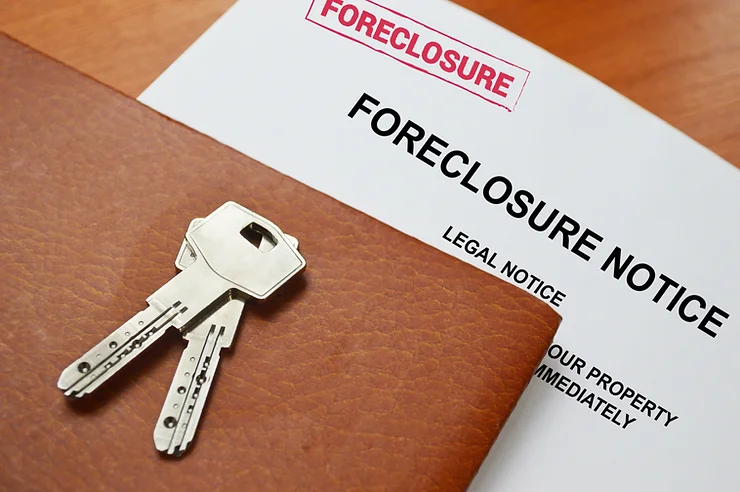Imagine the following scenario: You are a homeowner in the Bay Area, California, and you’ve just received a notice of a Trustee’s Sale. The lender is pursuing a non-judicial foreclosure against your property. Panic sets in as you realize that your family’s home is at risk.
However, as you delve into the situation, you discover that the lender never properly notified you of your right to explore foreclosure prevention alternatives. Under California’s non-judicial foreclosure laws, specifically Civil Code section 2923.5, this oversight may be your key to stopping the sale. Here’s how:
The Legal Requirement: Civil Code Section 2923.5
According to California Civil Code section 2923.5, before initiating a non-judicial foreclosure, a mortgage servicer must contact the borrower to “assess the borrower’s financial situation and explore options for the borrower to avoid foreclosure.” This must occur at least 30 days before recording a notice of default.
If the servicer fails to comply with these requirements, the foreclosure process may be considered invalid.
The Hypothetical Scenario: No Proper Notification
In our hypothetical scenario, the lender did not comply with section 2923.5. No attempts were made to contact you and discuss foreclosure alternatives. The lender recorded the notice of default without fulfilling its legal obligations, rushing to foreclose without offering you a chance to explore other options.
The Legal Remedy: Temporary Restraining Order (TRO)
As a result of the lender’s failure to comply with Civil Code section 2923.5, you have the right to ask the court for a Temporary Restraining Order (TRO) to halt the foreclosure sale.
A TRO is an immediate but temporary form of relief that can buy you time to fight the foreclosure. With a 95% success rate in obtaining TROs in similar situations, I am well-positioned to assist you in seeking this legal remedy.
The TRO can effectively stop the sale, giving you the opportunity to assert your rights and negotiate a more favorable solution with your lender. It also provides time to gather evidence, build your case, and potentially pursue further legal action, such as filing a lawsuit against the lender for breach of California’s foreclosure laws.
Conclusion
The hypothetical scenario described above is not uncommon. Many homeowners may not be aware of their legal rights and options when facing non-judicial foreclosure. The importance of proper notification under Civil Code section 2923.5 cannot be overstated.
If you find yourself in a situation like the one described, it is crucial to consult with an experienced real estate attorney familiar with California’s foreclosure laws. As a real estate attorney practicing in the Bay Area, I am here to assess your situation, explore your legal options, and aggressively advocate on your behalf. If your lender failed to follow the law, you might have a strong legal path to keep your home.
Remember, time is of the essence in these matters. If you are facing foreclosure, please do not hesitate to contact me to discuss your specific situation. Together, we can explore all available options to protect your home and your rights.






